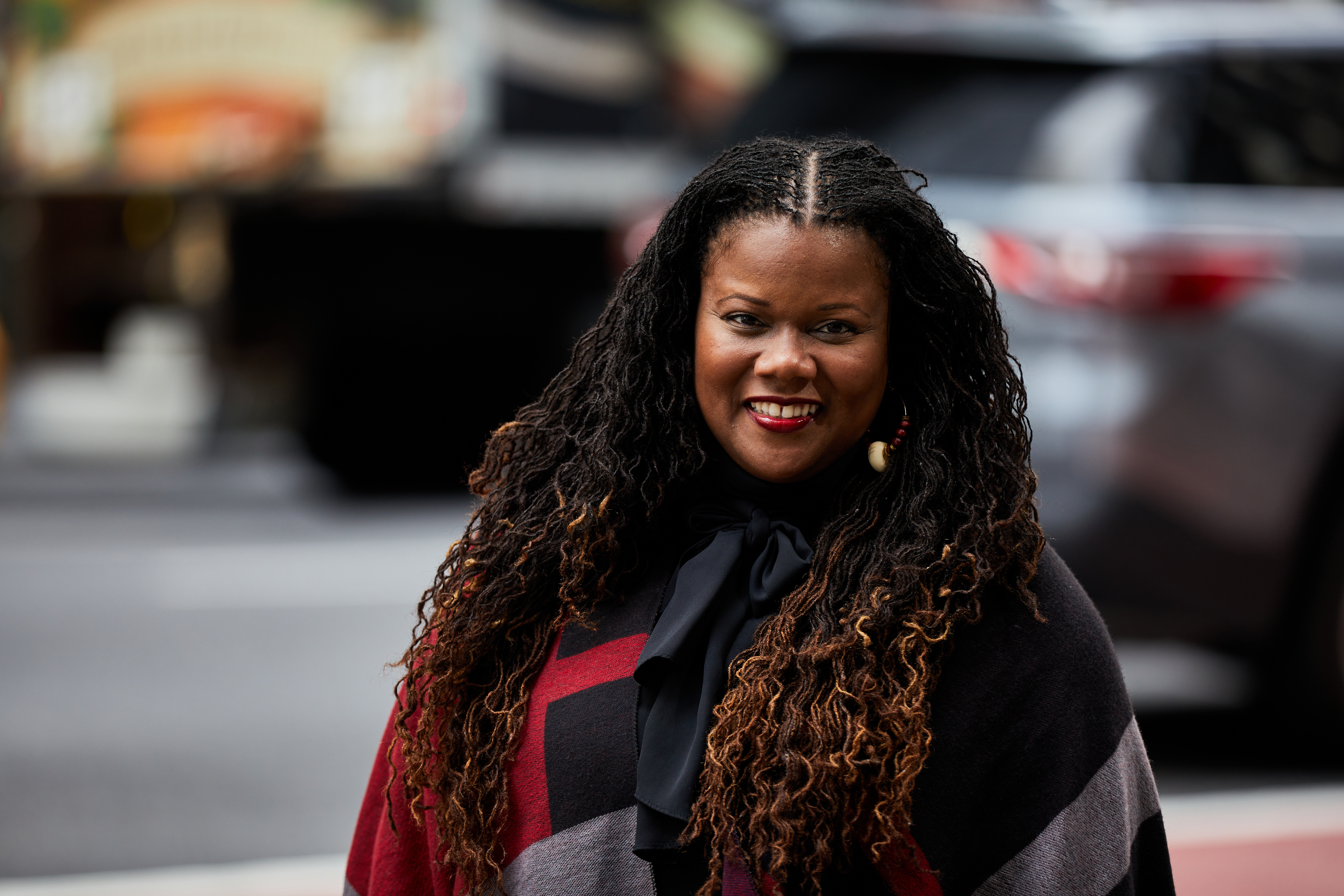When I started as Undergraduate Dean of John Jay College, our senior graduation rate was 54%. I knew we could do better for our students.
John Jay serves many first generation Americans and nontraditional students. Many are working while studying, some are parents and the main source of income for their families, and have taken different paths to their degrees. We understand that they are dealing with competing priorities in a way that the traditional undergraduate student is not, which often means that many students are unable to complete their degrees on time.

